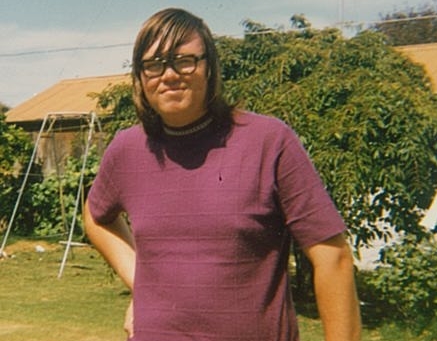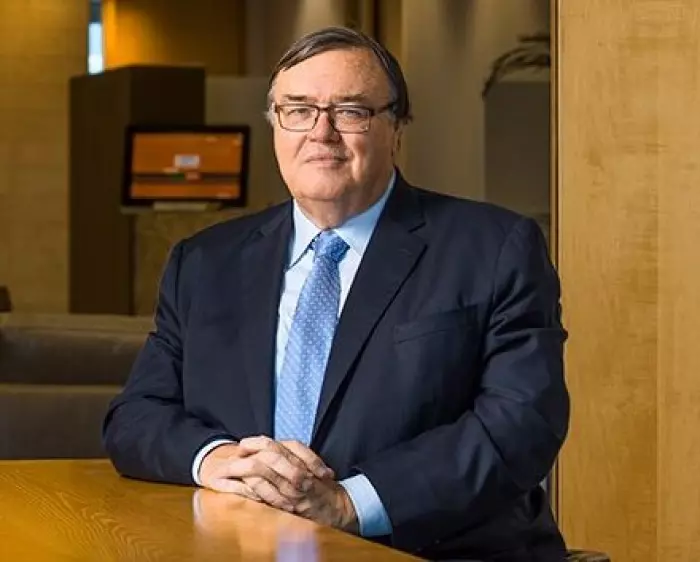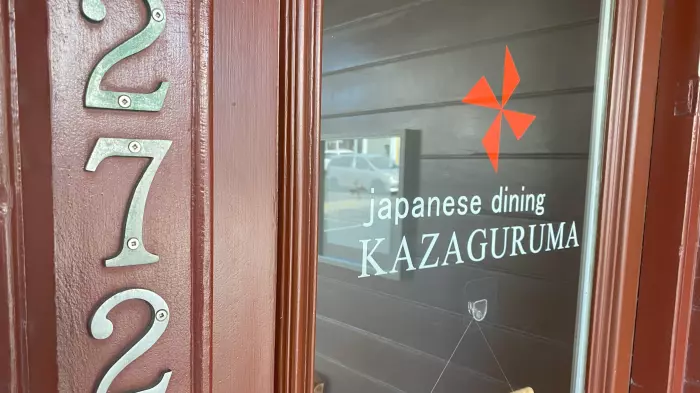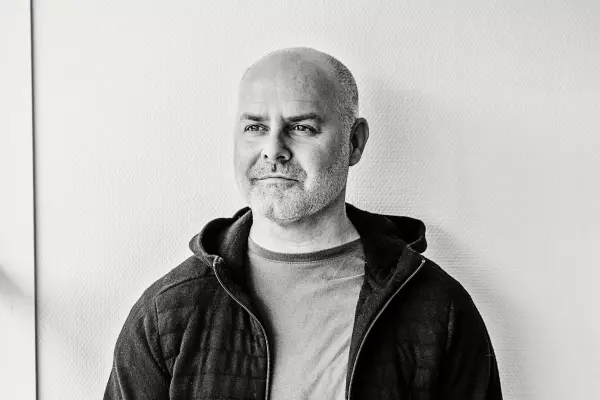Paul Heath QC was called to the NZ bar in 1978 and practised as a barrister and solicitor until 1998, when he was appointed a Queen’s Counsel. His legal advocacy work included three appearances before the Privy Council in London – formerly NZ’s highest court – as sole or lead counsel. In March 2002, after serving for five years as a consultant and member of the Law Commission, he was appointed a judge of the High Court. For 13 years, he also served as an ad hoc judge of the Court of Appeal on many occasions. He retired from the NZ bench in April 2018, when he joined Bankside Chambers, a collection of independent barristers, arbitrators and mediators. He also has rooms at Maxwell Chambers in Singapore. He continues to serve as Chief Justice of the Pitcairn Islands and a Court of Appeal judge in Kiribati. A lifelong passion for cricket saw him play for Howick-Pakuranga in Auckland (where he was club captain and later chairman) and Old Boys and Te Rapa in Hamilton. He now sits on the board of the Northern Districts Cricket Association.
I was brought up in England, where my parents had both lived through the bombing of Coventry in World War II. They were incredibly good parents. I suppose my happiest memories were just about having a supportive family who could help me. And overall, their decision to emigrate to New Zealand gave me the opportunity to do what I'm doing.
When I left England, there was nobody in my family who'd ever been to university, let alone done law. So that was the real opportunity I got by coming here.
It's trite, but my father was very much the “hope for the best, expect the worst and take what comes” type of person. And I suppose that got instilled in me quite early.
My father played a bit of chess and I used to go to the club with him. I met Richard Sutton, who was a professor and dean of law at Otago University but was teaching in Auckland at the time. He got me interested. He said, ‘Come along and have a look at orientation day.’ And that was really what got me into it.
 Paul Heath in his teenage years.
Paul Heath in his teenage years.
I went down to Stace Hammond law firm in Hamilton with the intention of staying for about a year. I ended up staying for 20 years.
When you're in the provinces, you get into court a lot more than a person of similar age in the city.
Becoming a judge was a little bit out of the blue. I was leaving the Law Commission and then just got a call from the Attorney General asking if I wanted to take an appointment. It was as simple as that.
The conversation made clear I had to make a fairly prompt decision, so I spoke to my wife about it, and the next day decided to accept.
Saying I “enjoyed” it is probably not the right word. It was satisfying, it was challenging. I think the moment you start enjoying sending someone to prison, you should give it up. It’s an unusual type of profession.
With the South Canterbury Finance [Serious Fraud Office] case, we had some really difficult issues arise. [South Canterbury Finance had been placed in receivership in August 2010, triggering an immediate $1.58 billion government payout to investors under the then Crown Retail Deposit Guarantee Scheme, set up in response to the 2008 global financial crisis.] The nature of the case made it fraught, with all the personalities. It was heard in Timaru and various sections of the community held strong views about what was going on – you know, the pro-Hubbards [supporting company founder Allan Hubbard and his wife, Jean] and the anti-Hubbards.
I had to keep myself removed from it all; it became too difficult to go out for dinner. At one stage, me and my associate were going to restaurants outside of Timaru. There were people who came up to me and wanted to talk about the case and, you know, that was problematic.
I had a bizarre case in Hamilton, where there was a woman who wanted to be the first person to give birth in a porn movie. How do you deal with that situation? Is it possible to intervene at a court level for the rights of an unborn child? That was my first experience of leading the six o'clock news.
The most difficult cases involved societal issues, often family law ones. In the same year as the unborn-child case, I had one about a lesbian couple who had a child, with the father being one of a gay couple they knew. The case was around what access he could have, so we were looking at the definition of being a parent.
In my first year on the bench, I was trying to decide what a child was and what a parent was. I thought it was fairly straightforward before I became a judge.
When I was at the Law Commission, we did work on civil unions for de facto and gay couples. We did a report, which I think ended up being reasonably influential in the decision to enact the laws. Probably my closest friend, who I met in third form and was the best man at our wedding, is gay, and I had a chance to go to his civil union.
That brought home to me just how important that work was. It far exceeds anything I've done in the commercial or other areas.
I found the most stressful thing as a judge was actually getting behind with judgments, because I wanted to turn the cases over quickly.
When I left the bench, I was starting to feel that I was almost becoming a bit desensitised. The things that come before you time after time are the things that most members of society would be outraged about.
There’s been one or two times when I think the voice has got a bit creaky, particularly during sentencings. Particularly when talking about complainants and the courage a lot of them show, and also in talking to some defendants who, frankly, never had a chance in life.
My wife, Kerry, and I have both been learning guitar. And we've both been getting some golf lessons in the hope that we can actually start doing a few things together in that regard.
The one thing I do like to treat myself to is regular massages; I find those very relaxing.
As told to Victoria Young.
This interview has been edited for clarity.









